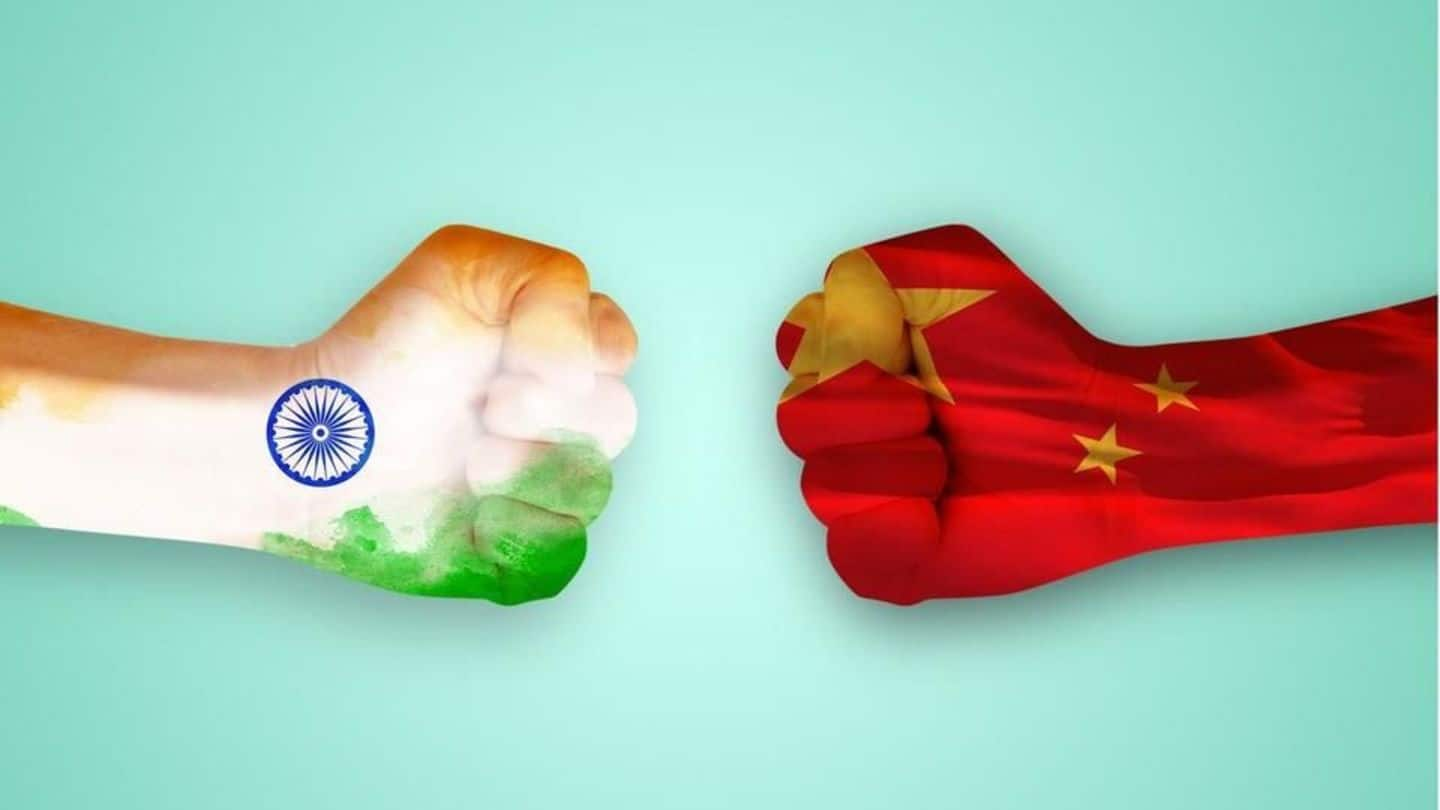
China hopes India will "learn lessons" from Doklam standoff
What's the story
Barely two days have passed since India and China agreed to end the Doklam standoff, but Beijing is back to making inflammatory statements. "We hope the Indian side will learn lessons from this incident and prevent similar things from happening again," foreign minister Wang Yi said. China kept up its belligerent rhetoric throughout the 70-day Doklam standoff, compared to India's relatively measured tone.
28 Aug 2017
India-China agree to withdraw troops, end Doklam standoff
On August 28, the standoff between Indian and Chinese troops at Doklam came to an end with both sides agreeing to withdraw their troops. India said the development was reached through diplomatic talks. "On this basis, expeditious disengagement of border personnel at the face-off site at Doklam has been agreed to and is on-going," the Indian Ministry of External Affairs (MEA) said.
Accusations
Wang accuses Indian troops of trespassing in Doklam
When asked whether the standoff's resolution was a face-saver for China, Wang replied saying that Indian troops had trespassed and the issue stands resolved. It's worth noting that India was invited to Doklam, a Bhutanese territory, by the latter's government. "We hope through the efforts of both sides we will maintain healthy and stability momentum of growth for China-India relations," he added.
Differences
Wang: India-China are big countries, differences are natural
Wang was speaking at a press-briefing on the upcoming BRICS Summit in China, being attended by PM Narendra Modi. "Both India and China are big countries. It is only natural there are some problems in our interactions," he said. He said that both sides should put these differences aside "under the principle of mutual respect." He said a long-term solution is needed.
Quote
Wang: Huge scope for cooperation between China-India
Wang said there's huge scope for Sino-Indian cooperation. "We hope China and India will join hands and work together for the rejuvenation of Asia and for the development of our region and contribute our share to greater development," he added.